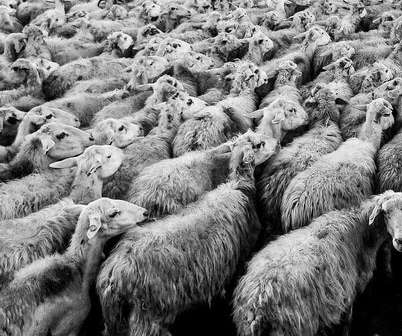A Look at Humane Farming
Animal Ethics
FEBRUARY 22, 2010
In this film, we see farmers interacting with the animals they will eventually transform into food (chickens, pigs and cattle). Although the farmers can easily answer that their animals are treated more humanely whilst alive, their discomfort about being asked questions regarding the slaughter process is visually and audibly obvious.


















Let's personalize your content